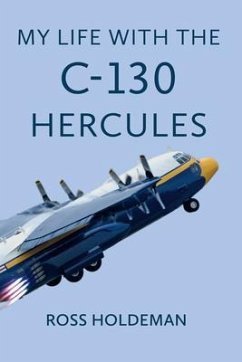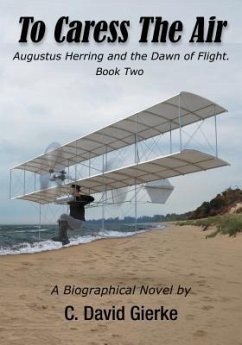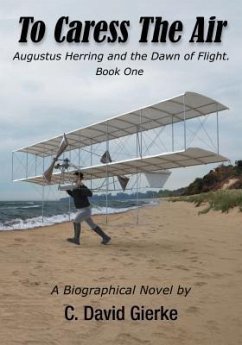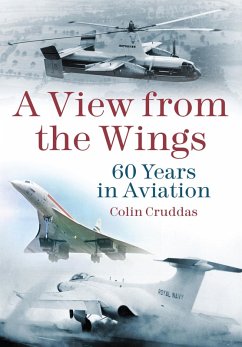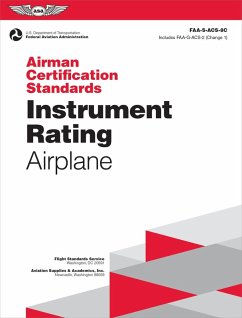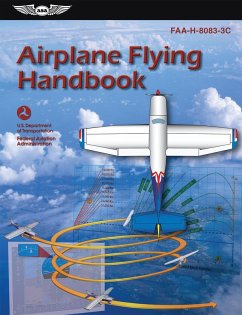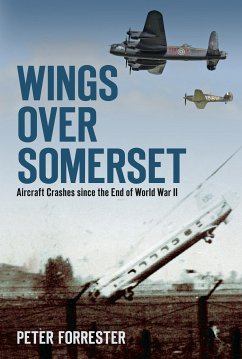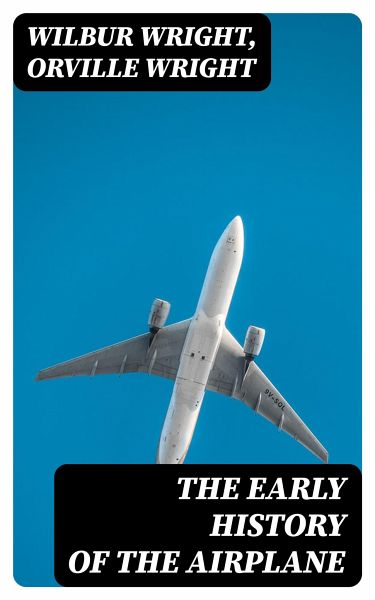
The Early History of the Airplane (eBook, ePUB)

PAYBACK Punkte
0 °P sammeln!
In 'The Early History of the Airplane,' readers are transported into the transformative era of aviation's dawn through a compelling anthology that seamlessly interweaves aeronautical innovation with literary craft. This collection offers a panoramic view of the early flights that defied earthly limitations and captivated imaginations across the globe. From detailed accounts of initial experiments to evocative narratives of daunting aerial feats, the anthology showcases a tapestry of writings that blend technical precision with aspirational prose. Among its standout pieces, readers will discove...
In 'The Early History of the Airplane,' readers are transported into the transformative era of aviation's dawn through a compelling anthology that seamlessly interweaves aeronautical innovation with literary craft. This collection offers a panoramic view of the early flights that defied earthly limitations and captivated imaginations across the globe. From detailed accounts of initial experiments to evocative narratives of daunting aerial feats, the anthology showcases a tapestry of writings that blend technical precision with aspirational prose. Among its standout pieces, readers will discover accounts that reflect the zeitgeist of an era eager to conquer the skies, highlighting the profound significance these writings hold in the context of scientific and literary endeavors of the early 20th century. Orville and Wilbur Wright, iconic figures in aviation history, present a curated tapestry of insights that capture the spirit of innovation characterizing the early 1900s. Through their pioneering perspective and meticulous documentation, they provide readers with a rare glimpse into the challenges and triumphs that marked the infancy of flight. This anthology, situated at the crossroads of history and progress, aligns with the technological and cultural shifts of the early 20th century, as its varied voices collectively enrich and expand the reader's appreciation for the era's groundbreaking achievements. A must-read for enthusiasts of history and innovation, 'The Early History of the Airplane' is an extraordinary anthology offering a rare confluence of perspectives from the vanguard of aviation. It invites readers to immerse themselves in a rich tapestry of ideas and aspirations that not only chart the evolution of flight but also celebrate the indomitable human spirit that dared to reach for the skies. Through this carefully curated volume, readers are afforded a unique educational opportunity to encounter diverse representations of a groundbreaking epoch, and the dynamic dialogue it nurtures between different facets of early aeronautical exploration.
Dieser Download kann aus rechtlichen Gründen nur mit Rechnungsadresse in A, B, BG, CY, CZ, D, DK, EW, E, FIN, F, GR, H, IRL, I, LT, L, LR, M, NL, PL, P, R, S, SLO, SK ausgeliefert werden.




